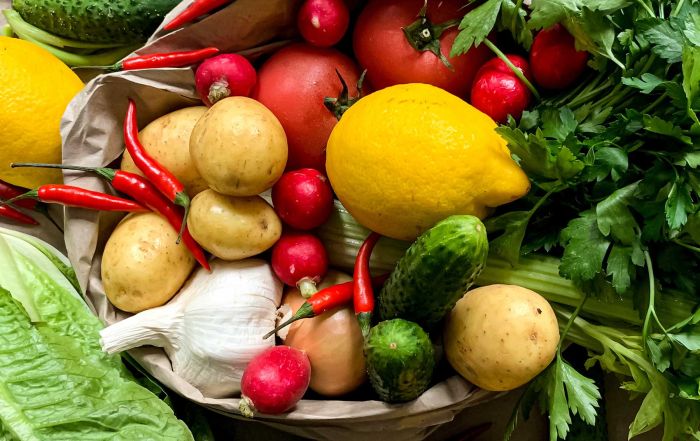Food Defense Plan Resources – at just the right price…
Earlier in the month, I discussed the importance of having a solid food defense plan in place for your foodservice operation. Even if the first version of your plan is not perfect, it is a start. Having plans down on paper will force you to think through the process and ensure the vulnerable points where opportunities exist for possible contamination within the operation are mitigated.
Often, getting started is the hardest part of developing your food defense plan. So, I thought I would compile some resources for you to utilize. There are many good resources available online. However, I often find many of the resources are focused on larger-scale food processing facilities and only a few resources focus on the retail foodservice operation. When I do come across a resource developed for retail foodservice operations, it seems they often forget about, or perhaps maybe do not fully understand, the nuances of running a smaller retail foodservice operation. With this in mind, I have developed a list of resources you might find useful, with a brief description of the resource.
- Guidance for Industry: Food Security Preventive Measures Guidance for Retail Food Stores and Food Service Establishments: This document was prepared by the FDA Center for Food Safety and Applied Nutrition and provides an excellent overview of food defense and recommended actions one should take in a retail foodservice operation. Included within the document is an in-depth self-assessment tool that you could use to review your current practices. Simply walking through the assessment in comparison to your current practices might be an eye-opening experience.
- Food Defense Toolkit (scroll all the way to the bottom of this page): This resource was compiled by the Health Department of Multnomah County, Oregon. Some of the resources include the county logo, but the information is still very good. Their toolkit includes a guide to establish your food defense plan, training handouts, posters, and reporting forms. All of this information was developed for retail food service operations and is easy to understand and use.
While these resources are not perfect and they certainly will not develop your food defense plan for you, they will give you the knowledge and tools necessary to get a good start on your plan.
- A Biosecurity Checklist for School Foodservice Programs: Developing a Biosecurity Management Plan: Yes, this publication is developed for schools, but before those of you who manage restaurants fly over this one, be sure to check it out. While school meal production and restaurant cook-to-order production is quite different, they have similar back-of-house processes and thus the steps to developing your food defense plans can be very similar. The checklist included in the resource is usable by all foodservice operations and can provide a good roadmap to program development and implementation.
- Food Defense Strategies for Food Service Operators: The New York State Department of Health has put this webpage together. While it was last updated in 2018 and it looks to be even a bit older than that, the information is still current. The page includes a Food Defense Strategies brochure and a Self-assessment Checklist that are easy to walk through and understand, even for someone who is just getting started with a food defense plan.
- FDA Food Defense Plan Builder: The Food Defense Plan Builder is a very powerful and, somewhat user friendly, computer application that you download to your desktop/laptop and will help you build your food defense plan. Before you jump into using it, please note that it was designed for full-scale food processing facilities and not retail foodservice operations, such as restaurants and schools. However, with some creative uses of the tools included within the program, you can make it work for a foodservice operation.
While these resources are not perfect and they certainly will not develop your food defense plan for you, they will give you the knowledge and tools necessary to get a good start on your plan. If you think I overlooked a resource that you have found useful, be sure to email it to me and I will update this blog or provide a list of resources in a future blog.
As we are gearing up for summer, please plan to attend the next SafeBites Webinar on July 21, 2021 at 1:00 pm. We have not yet finalized the topic, so if you have ideas, don’t hesitate to email me and let me know. I’d love to include your suggestions and/or answer the food safety questions you have. Likewise, feel free to reach out to any food safety questions you have, and we will research the answer and get back to you. Risk Nothing.
READ MORE POSTS
Halfway Gone, A Mid-Year Food Safety Check-up for your Foodservice Business
July is often a time when a portion of us in the foodservice business are at [...]
From Farm to Fork: Knowing the Importance of Food Origins
In the foodservice industry, maintaining high standards for the food that comes into your back door [...]
Brushing up on Hygiene: Are Nail Brushes the Unsung Hero of Clean Hands?
Last month, I focused the discussion within the blogs on handwashing. One aspect of handwashing that [...]
Clean Hands, Safe Eats: Considerations to Improve Handwashing Compliance
In my blog earlier this month, I discussed a bit of the art and science behind [...]










